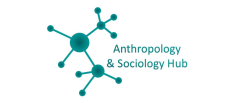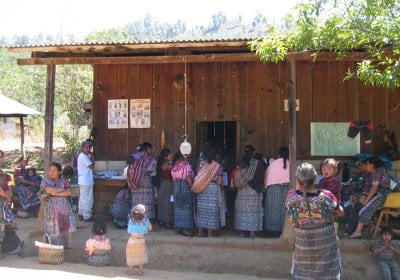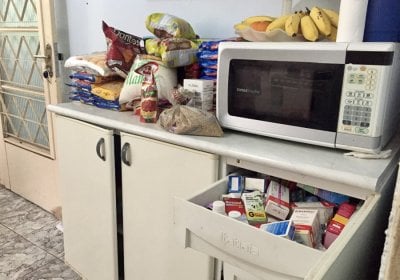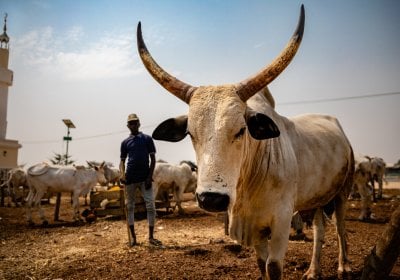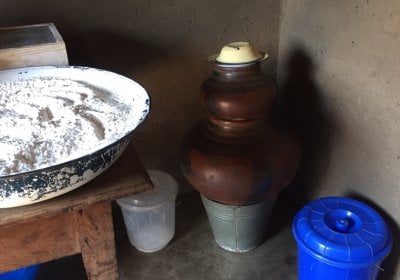Bordering the fluid world: Mapping infectious disease control as a policy and practice
As part of the LSHTM Medical Anthropology Seminar Series we will hear a presentation from Dr Alena Kamenshchikova about how infectious disease control takes shape differently across borders, tracing cases of COVID-19.
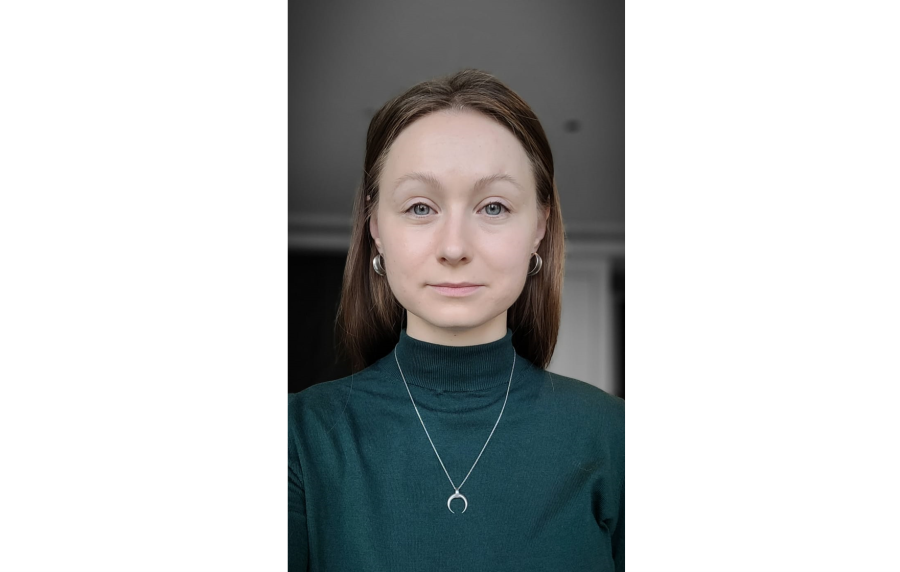
When infectious disease control is framed as national border control, questions arise about who is doing the bordering work, and what does it mean for public health practices and realities of daily living?
A Polish citizen is hired by a company registered in Luxemburg that brought him to work in a meat factory in the Netherlands. He is placed into communal housing in Germany from where he and his co-workers have to commute every day. If in 2020 this person is diagnosed with SARS-CoV-2, which public health authority is responsible for his treatment? In cases like this, how is tracing and tracking across national borders organised? How is personal data communicated between different nation-based health infrastructures? And how are cases like this calculated in national epidemiological statistics? The questions from the above-mentioned case highlight that the SARS-CoV-2 pandemic has brought to the fore, and intensified, two intertwined elements of global infectious disease control: the fluid realities of modern living and bordering national public health attempts to control these realities.
In this talk, Dr Alena Kamenshchikova will follow the practices of public health professionals working in the border regions between the Netherlands, Belgium and Germany, and show how in their daily work these professionals try to bridge and navigate the two challenges of infectious disease control. To reflect upon these practices, she will build on the theoretical work that conceptualises borders as being interwoven into the making of modern global societies, and actor-network theory which provides conceptual instruments for tracing relations between different actors such as policies, public health professionals, commuters and microbes. Bridging these theoretical bodies of work, she will map the existing frictions and adaptations between attempts to control the spread of infection within the borders of one country and the practices that try to accommodate the mobile realities of cross-border living.
This seminar will be of interest to people from different disciplinary backgrounds: anthropology, microbiology, public health, health policy and clinical practice.
Speaker
Dr Alena Kamenshchikova is an honorary Assistant Professor at the LSHTM and Assistant professor at Maastricht University, the Netherlands. Her work focuses on practices of biomedical knowledge production about human-microbial relations, and translation of this knowledge into policies and practices of infectious disease control.
Currently based at LSHTM, she is working on a project examining how bordering work and securitisation discourses have been intertwined with infectious disease control practices of the SARS-CoV-2 pandemic in the United Kingdom.
Please note that the recording link will be listed on this page when available
Admission
Contact
